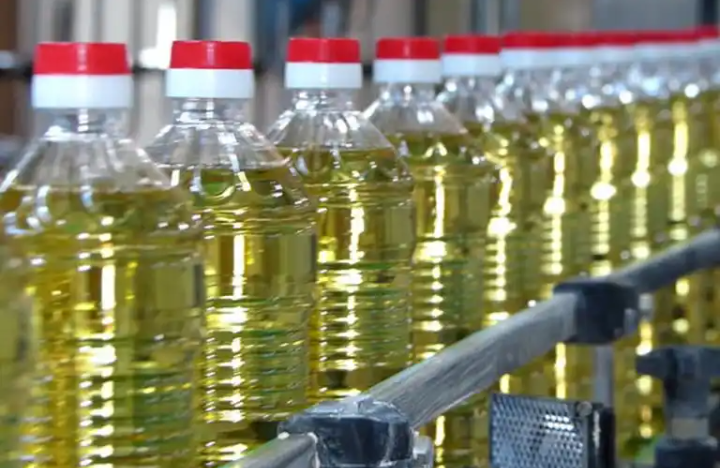Kenya has suffered a big revenue losses due to the importation of refined edible palm oil disguised as crude palm oil.
Over the past three years, it is estimated that the country has lost Ksh62 billion in taxes as the product, primarily imported from Malaysia and Indonesia, entered the Mombasa Port under false declarations.
The refined palm oil was intended for distribution within East African Community (EAC) countries, including Kenya, Uganda, Tanzania, and Rwanda.
While refined palm oil is subject to a 35 percent duty, semi-refined palm oil is only charged a 10 percent duty.
Additionally, the product incurs other taxes, including a 2.5 percent Import Declaration Fee (IDF), a 1.5 percent Railway Development Levy, and a 16 percent Value Added Tax (VAT).
Documents presented to Parliament reveal that the Louis Dreyfus Company (LDC) imported the oil, blending 60 percent crude palm oil with 40 percent refined palm oil, then falsely declaring the mixture as crude palm oil.
This misdeclaration allowed the company to avoid paying the higher taxes associated with refined palm oil.
In 2022, the Kenyan government lost Ksh16.5 billion in revenue due to 233,000 metric tonnes of palm oil being misdeclared.
The following year, in 2023, an additional Ksh32.54 billion was lost from 387,868 metric tonnes. So far in 2024, Ksh13.83 billion has been lost due to the importation of 163,567 metric tonnes of misdeclared palm oil.
The blending of refined and crude oil in the same ship tanks violates World Customs Organization guidelines, which state that any adulterated cargo cannot be classified as crude palm oil.
The scandal has raised concerns about how such large-scale tax evasion was possible, especially considering the stringent regulations at the port.
LDC, one of the entities involved, has been difficult to contact, with no available contact information on its website and unreachable telephone numbers.
This has further fueled suspicions about the company’s operations.
Many firms involved in this scheme have been accused of misdeclaring refined edible palm oil to evade paying the required taxes, leading to significant revenue losses for the Kenyan government.
The palm oil cargo from Malaysia and Indonesia, which account for 85 percent of global palm oil production, is imported in various forms, including RBD Palm Olein, RBD Palm Stearin, Crude Palm Kernel Oil, Crude Palm Olein, Crude Palm Oil, and Palm Fatty Acid Distillate.
Each of these products has different uses and tax implications, with crude palm oil requiring full processing and attracting lower import duties.
If the palm oil had been imported in its crude form, Kenya would have benefited from the by-products, which could have supported industries like soap manufacturing.
However, by blending the oil, importers have reduced local processing costs, resulting in significant financial benefits for them but substantial losses for the government.
To promote local value addition, Indonesia and Malaysia have imposed a $70 per ton export duty on crude palm oil, with no export duty on refined palm oil.
This means that importers save both the $70 per ton duty and the 35 percent import duty by misdeclaring the cargo as crude palm oil in Kenya.
As a result of this scandal, the government continues to lose billions in potential revenue, highlighting the need for stricter enforcement of import regulations and greater accountability within the system.





















Add Comment